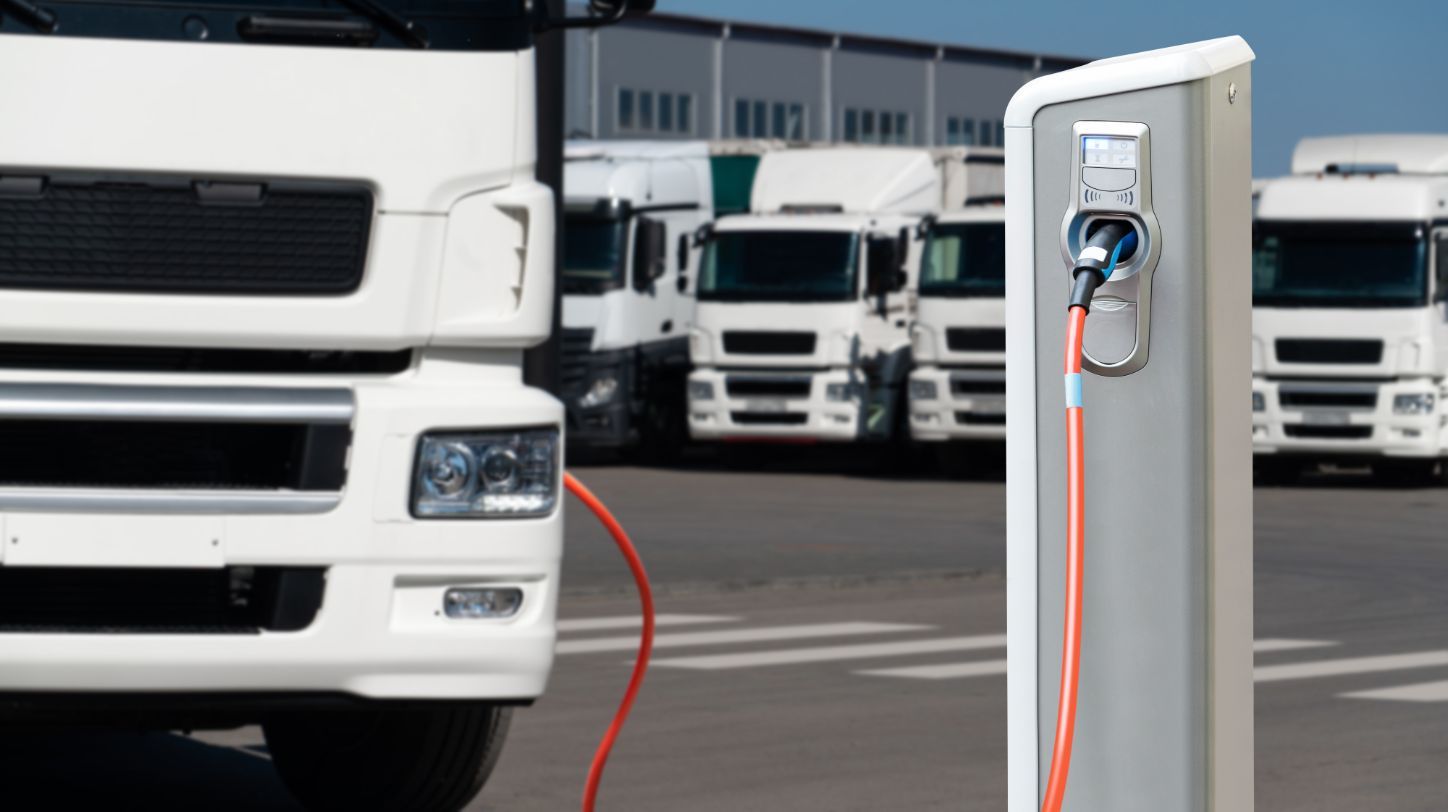Overview of the Electric Vehicle Surge
Recent findings from a study by global consultancy Inverto showcase a significant 31% increase in the number of electric commercial vehicles on UK roads between 2023 and 2024. This notable advancement highlights a rising trend towards sustainability in commercial transport.
Statistics That Speak Volumes
The total count of electric commercial vehicles in the UK saw a jump from 68,664 in 2023 to 90,058 in 2024. This surge reflects a growing awareness and push towards green logistics in the industry.
Breakdown of Vehicle Types
The bulk of the rise can be attributed to light commercial vehicles, which soared from 67,672 units in 2023 to 88,787 units in 2024. The broader classification of total light commercial vehicles also rose confidently, from 5.34 million in 2023 to 5.848 million the following year, marking a 3% increase overall.
On the other hand, electric heavy goods vehicles (eHGVs) climbed from 992 in 2023 to 1,271 in 2024, representing a 28% increase. In comparison, the total number of HGVs slightly rose from 741,010 a címre. 742,316 during the same period, reflecting a mere 0.2% increase.
Percentage Insights
The expanded ratio of electric vehicles in the commercial sector, while impressive, remains modest. The proportion of electric vehicles has increased from a mere 1.1% in 2023 to 1.4% of total commercial vehicles in 2024.
Tackling the Challenges Ahead
Kiren Pandya, a principal at Inverto, elaborates on the obstacles hindering the swift expansion of the electric commercial vehicle sector. Principal among these challenges are the hefty financial burdens associated with purchasing or leasing electric freights. With elevated interest rates, financing these vehicles becomes ever more cumbersome for fleet operators.
The price tag connected to electric vehicles is a prevalent barrier to access, despite the proliferation of green policy initiatives aimed at fostering their adoption. Even with the UK’s commitment to net-zero emissions by 2035, the road ahead looks a bit bumpy.
Additional practical challenges relate to battery technology. Currently, very few electric options cater to the heavy goods vehicle sector, leading to a mere 0.02% of HGVs being electric. This underscores the technological gaps remaining in the industry’s electrification effort.
Policy and Future Outlook
While many fleet companies are encouraged to pivot towards electric options because of contractual sustainability obligations, widespread adoption is still crawling along. Heidi Alexander, the secretary of state for transport, recently remarked on the anticipated transition to zero-emission vehicles (ZEVs) stating that all new cars and vans will be zero emissions post-2035. This shift is being positioned as not just a necessity for the environment but as an opportunity for the UK economy.
Highlighting the advantages of electric vehicles, she noted, “This will ultimately lessen our dependency on imported fossil fuels. It encourages domestic energy production and positions UK manufacturers at the forefront of the transition, enabling them to expand into new markets.”
Current Industry Trends
The push towards greener logistics is further underscored by actions taken by both logistics providers and producers alike. A range of companies, including reputable third-party logistics firms, are ensuring that their fleets transition towards more sustainable options. These efforts contribute directly to aligning with a greener operational methodology and the modern expectations for sustainability in the logistics sector.
A legfontosabb tudnivalók
- Electric vehicle adoption is on the rise: A significant increase in electric commercial vehicles indicates a collective move towards sustainability.
- Financial barriers persist: High acquisition and leasing costs remain key hurdles for fleet operators in transitioning to electric vehicles.
- Policy support is crucial: Government strategies and sustainability obligations are essential in driving the electric vehicle agenda.
- Industry trends reflect change: Logistics firms are pivoting towards greener operations and adapting to evolving market expectations.
Következtetés
Despite the hurdles that lay ahead, the rise in electric commercial vehicles marks a pivotal moment in the UK logistics landscape. With more carriers moving towards electric options, the logistical implications for transport and shipment and how goods are delivered are set to shift as well. As we embrace these changes, GetTransport.com stands ready to offer affordable and efficient transportation solutions worldwide. Users can take advantage of the platform’s versatility for diverse needs, from cargo deliveries to relocating large items. An array of reliable service options awaits potential customers.
With the logistics industry focusing more on sustainability, staying ahead of trends, adapting to new technologies, and planning for the effective allocation of resources becomes paramount. While the best reviews and expert opinions are beneficial, nothing compares to first-hand experience. On GetTransport.com, users can book affordable cargo transportation globally, ensuring informed choices while avoiding unnecessary expenses. The platform’s clear pricing and extensive selection reinforce its exceptional value. Thus, for your subsequent transport needs, consider the seamless experience it promises—Book now with GetTransport.com.

 Az elektromos haszongépjárművek növekedése az Egyesült Királyságban 2023 és 2024 között">
Az elektromos haszongépjárművek növekedése az Egyesült Királyságban 2023 és 2024 között">